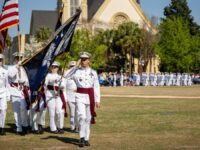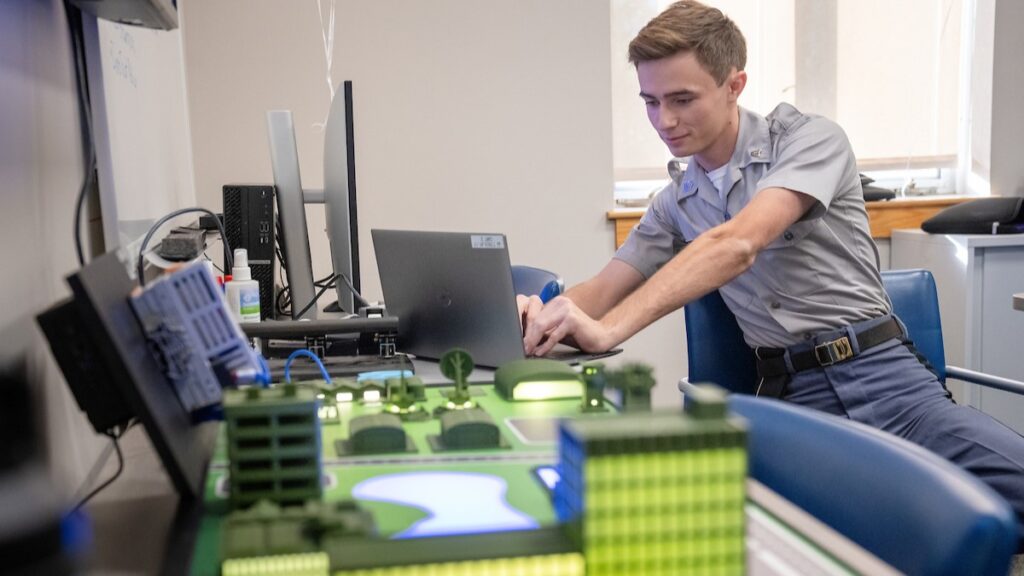
The Citadel’s Department of Cyber and Computer Sciences is further advancing its efforts to provide high-quality learning spaces, with two new state-of-the-art labs and security resources opening this week on campus.
Along with The Citadel DoD Cyber Institute (CDCI), the Department of Cyber and Computer Sciences hosted a grand opening event on Tuesday, Oct. 29, for the two new labs: the CHARIoTS lab, which stands for Critical infrastructure Hands-On Access control Research and IoT Security, and The Citadel Security Operations Center, or C-SOC.
In the CHARIotS lab, students and faculty will use the space for conducting education and research for critical infrastructure protection against cyberattacks. In the C-SOC, cadets and students will be assisting The Citadel’s ITS department in real time.
The CHARIotS lab contains a Tiny Cyber Town, called an INCITE, or Industrial Control Innovative Training Environment Kit, and an LITE, or Light INCITE Training Environment Kit. Cadets in the cyber program demonstrated the equipment to event attendees.
Cadet Jack Cooper, a double major in computer science and cyber operations, was part of the demonstration group. He says opportunities like this are invaluable to his learning experience at The Citadel.
“This isn’t part of a class, it’s just extracurricular. We chose to be here. We chose to do something extra. It looks good on a resume, but it’s also fun because you get to take what you know from class and actually use the hardware,” said Cooper. “It’s very hands-on, which is something that I really like. You go to class and you’re typing on your computer, you’re doing code, but you’re never really interacting with the hardware behind it. So, this way we can get to interact — we can play with buttons, we can plug stuff in, unplug, stuff like that.”
These labs were established with funding from the National Security Agency Center of Academic Excellence (NCAE) Grant and Senior Military College Cyber Institute Grant and represent new resources for the Department of Cyber and Computer Sciences.
“Our ITS team feeds live network traffic to the C-SOC and allows our cadets and students to monitor and analyze the data for cyber threats and inform ITS. Very few colleges and universities in the country have a student-monitored SOC, which makes the C-SOC a unique and valuable experience for our students,” said Shankar Banik, Ph.D., professor and department head for the Department of Cyber and Computer Sciences. “They are helping ITS keep The Citadel safe in the cyberspace and also gaining real-world experience working as SOC analysts.”
Cadet Kirin Chaplin, a senior double majoring in computer science and cyber operations, says The Citadel excels at preparing students for the cyber field and encourages anyone considering the program to get involved.
“The Cyber and Computer Sciences Department has a lot of opportunities, and it really is what you make it. We have a lot of different things, not only within research — we have a cyber team, a cyber club where you can do competitions outside of school, we have the CDCI, which allows you to work towards certifications and do outreach with the community. For any prospective cadets or students, I would definitely say get involved, that’s how you learn through this department,” said Chaplin.
In addition to the lab openings, the Department of Cyber and Computer Sciences held a CHARIoTS workshop from Oct. 28 – 29. The workshop was part of a collaborative project between the University of Memphis, University of West Florida, North Carolina A&T State University and The Citadel. During the workshop, speakers discussed the challenges and solutions for protecting critical infrastructure from cyberattacks, promoting cybersecurity education and research for infrastructure and IoT systems protection.
Housed in the Swain Family School of Science and Mathematics, the Department of Cyber and Computer Sciences aims to develop principled leaders knowledgeable in cyber and computer sciences to meet the needs of the 21st century through education, research, experiential learning and service activities.
The Citadel has been named overall No. 1 Regional University in the South, Best Public University in the South for 14 consecutive years and the No. 1 Best Public College for Veterans in South for seven years by U.S. News & World Report.

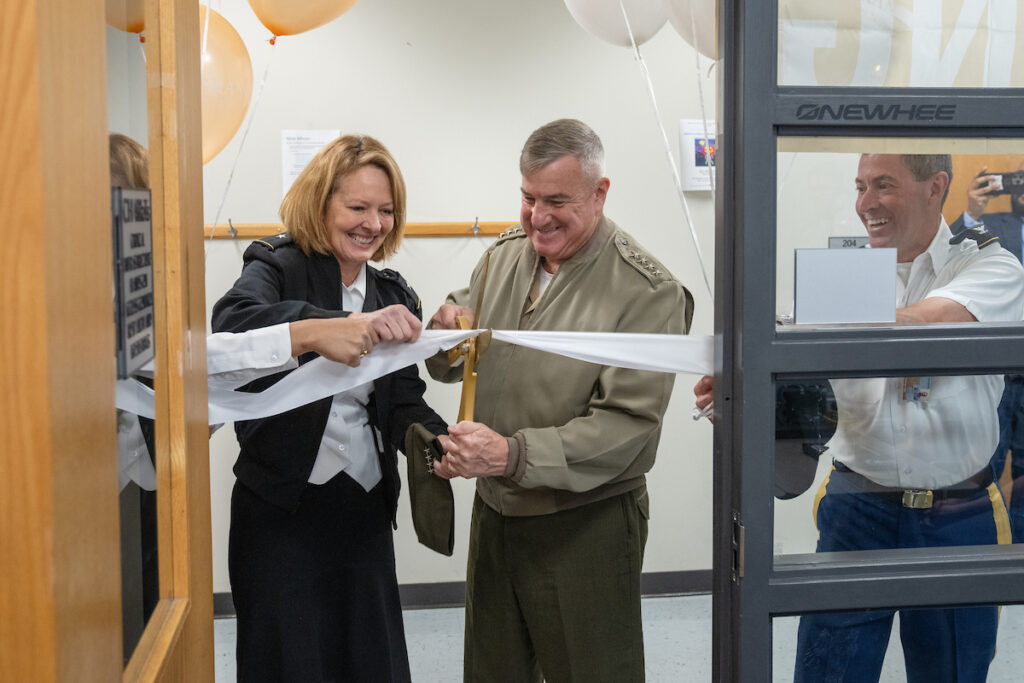
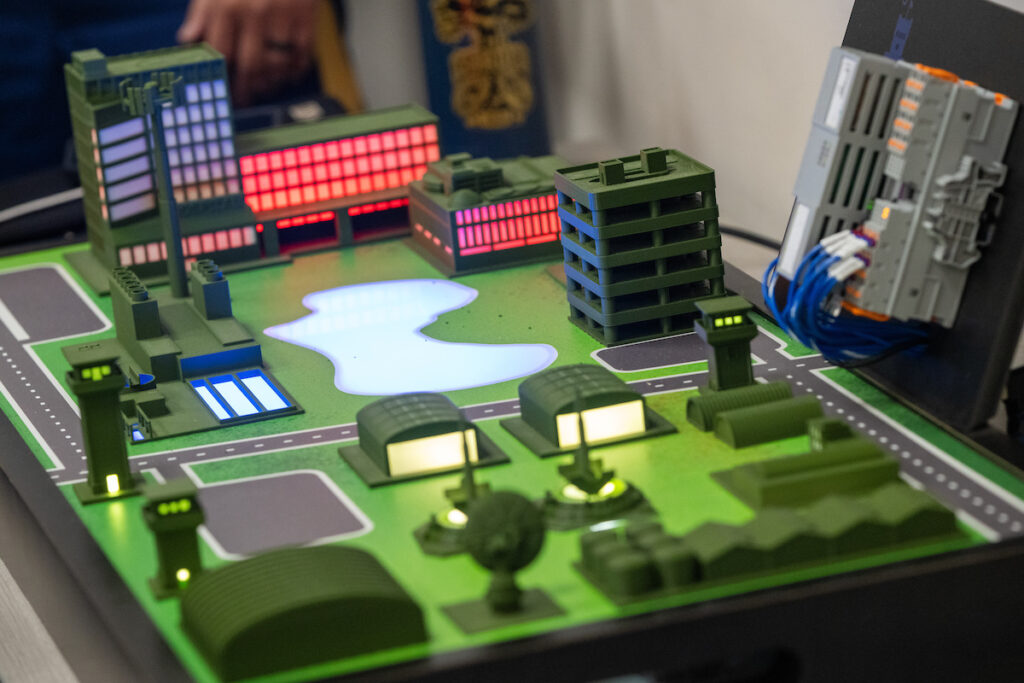
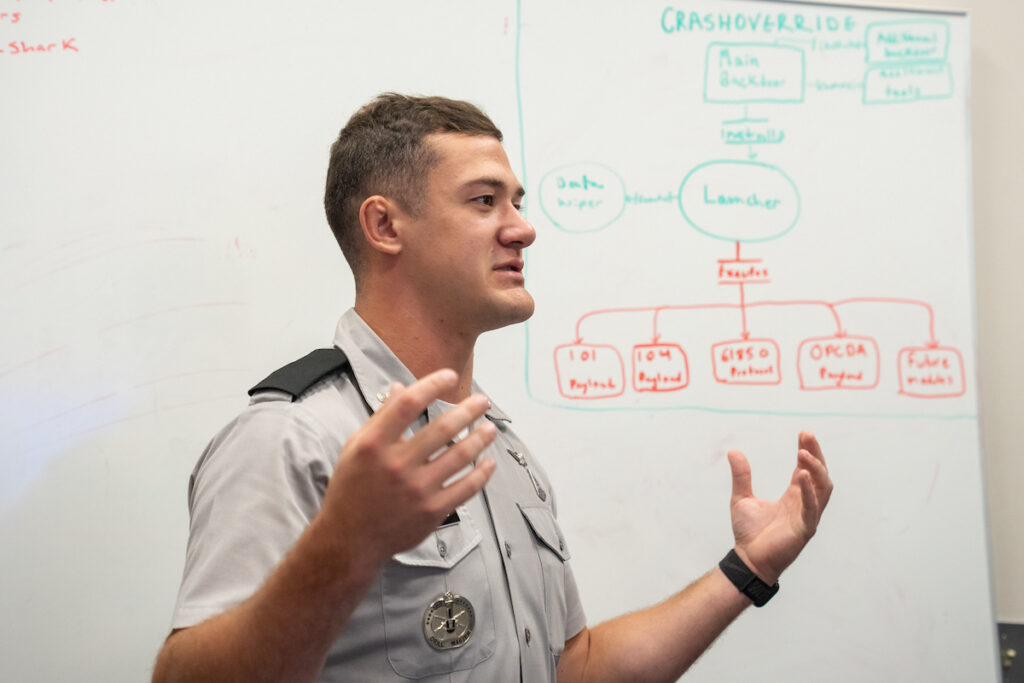
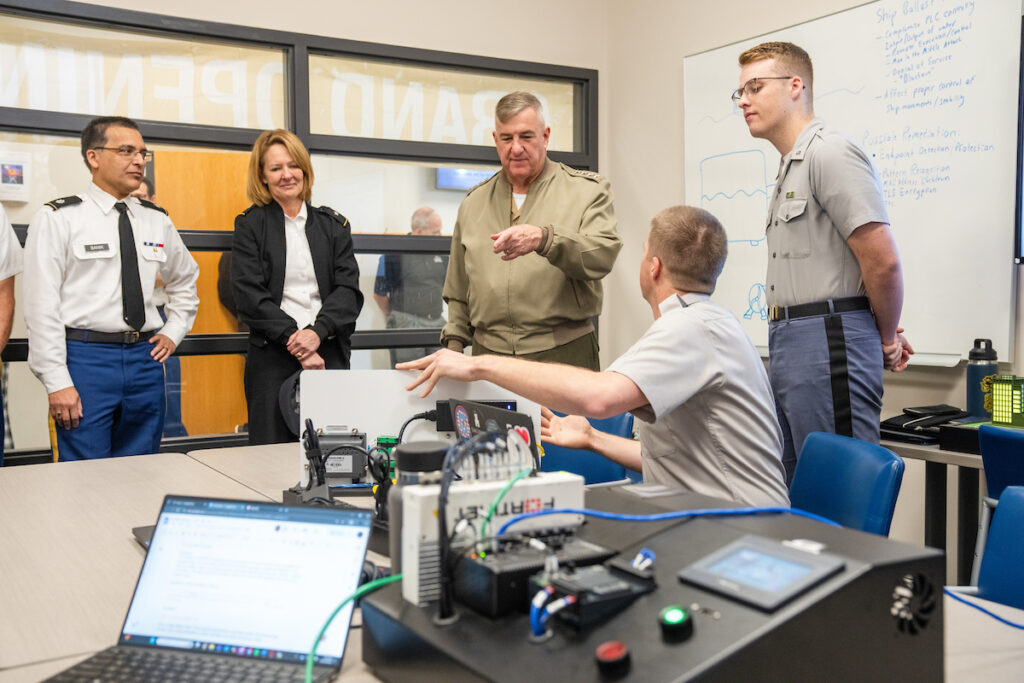
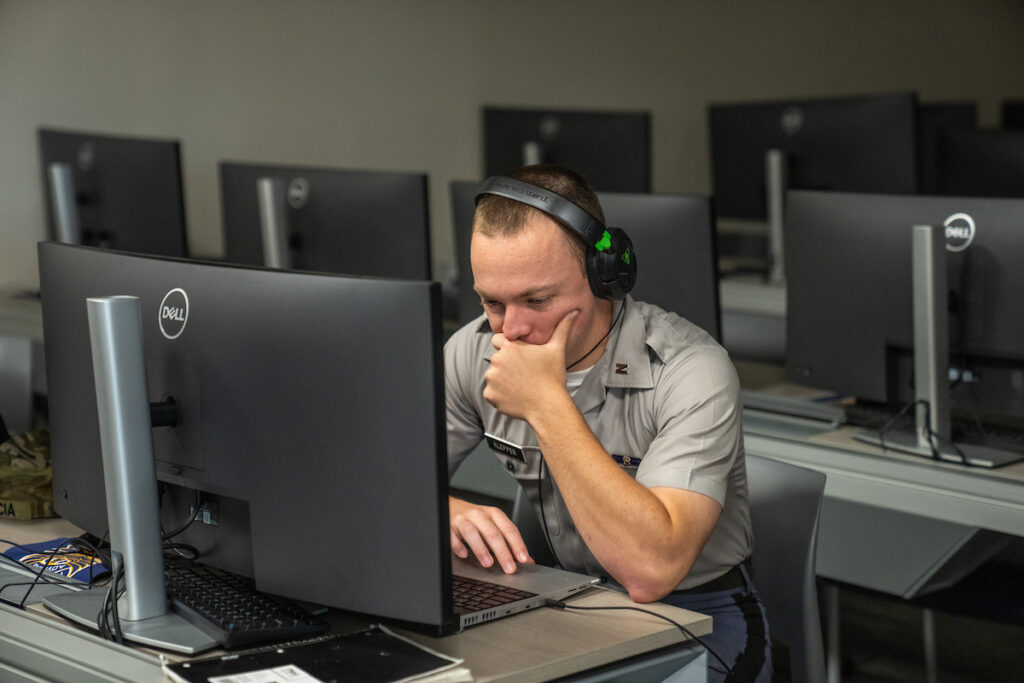
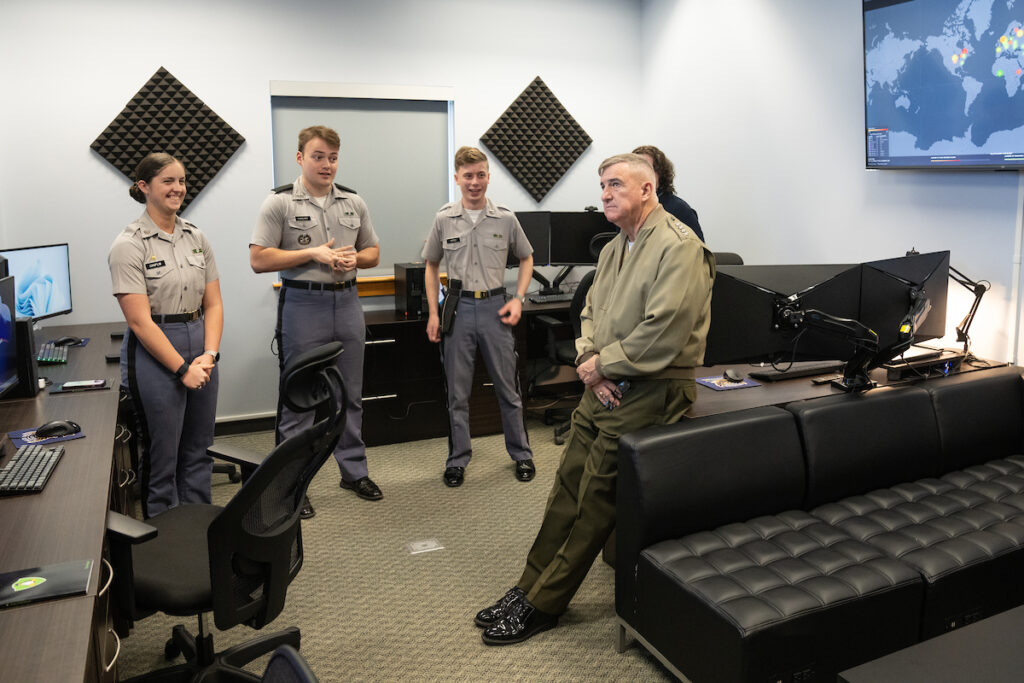
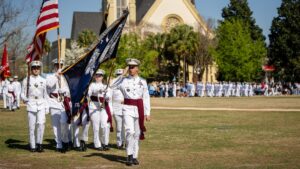 Upcoming News from The Citadel – March 2026
Upcoming News from The Citadel – March 2026 Moore Art Gallery opens “All Hands on Deck” WWII naval photography exhibit
Moore Art Gallery opens “All Hands on Deck” WWII naval photography exhibit The Citadel’s presidential search committee announces four finalists
The Citadel’s presidential search committee announces four finalists